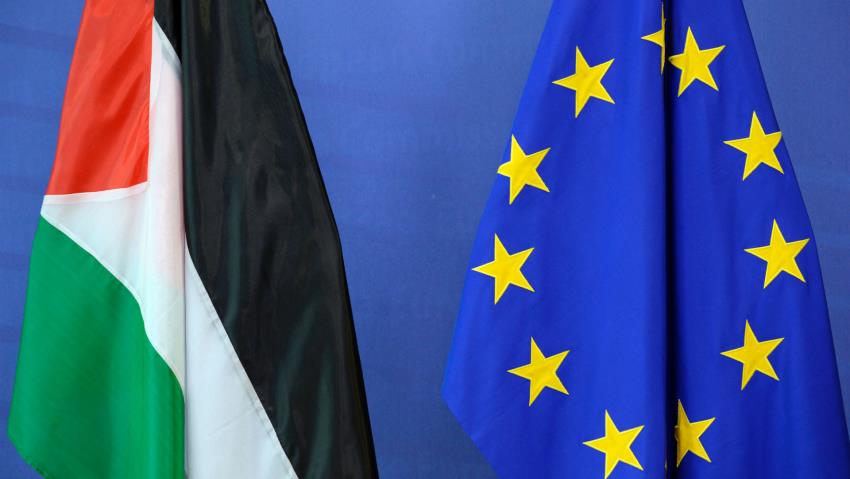The US initiative, as presented on 28 January, departs from internationally agreed parameters, today said the European Union’s High Representative/Vice-President Josep Borrell on the US “deal of the century” plan.
He also warned that Israeli steps toward annexing occupied territory could not pass unchallenged.
“The European Union is fully committed to the transatlantic partnership and values all efforts to help find a peaceful resolution to the Israeli-Palestinian conflict,” he said in a statement. “The EU recalls its commitment to a negotiated two-State solution, based on 1967 lines, with equivalent land swaps, as may be agreed between the parties, with the State of Israel and an independent, democratic, contiguous, sovereign and viable State of Palestine, living side by side in peace, security and mutual recognition – as set out in the Council Conclusions of July 2014.”
However, added Borrell, “the US initiative, as presented on 28 January, departs from these internationally agreed parameters.”
“To build a just and lasting peace, the unresolved final status issues must be decided through direct negotiations between both parties. This includes notably the issues related to borders, the status of Jerusalem, security and the refugee question,” he said.
“The European Union calls on both sides to re-engage and to refrain from any unilateral actions contrary to international law that could exacerbate tensions. We are especially concerned by statements on the prospect of annexation of the Jordan Valley and other parts of the West Bank. In line with international law and relevant UN Security Council resolutions, the EU does not recognize Israel’s sovereignty over the territories occupied since 1967. Steps towards annexation, if implemented, could not pass unchallenged,” said the EU foreign policy chief.
“The European Union will continue to support all efforts aimed at reviving a political process in line with international law, which ensures equal rights and which is acceptable to both parties. The EU will engage with both parties, with actors in the region and all international partners.”



